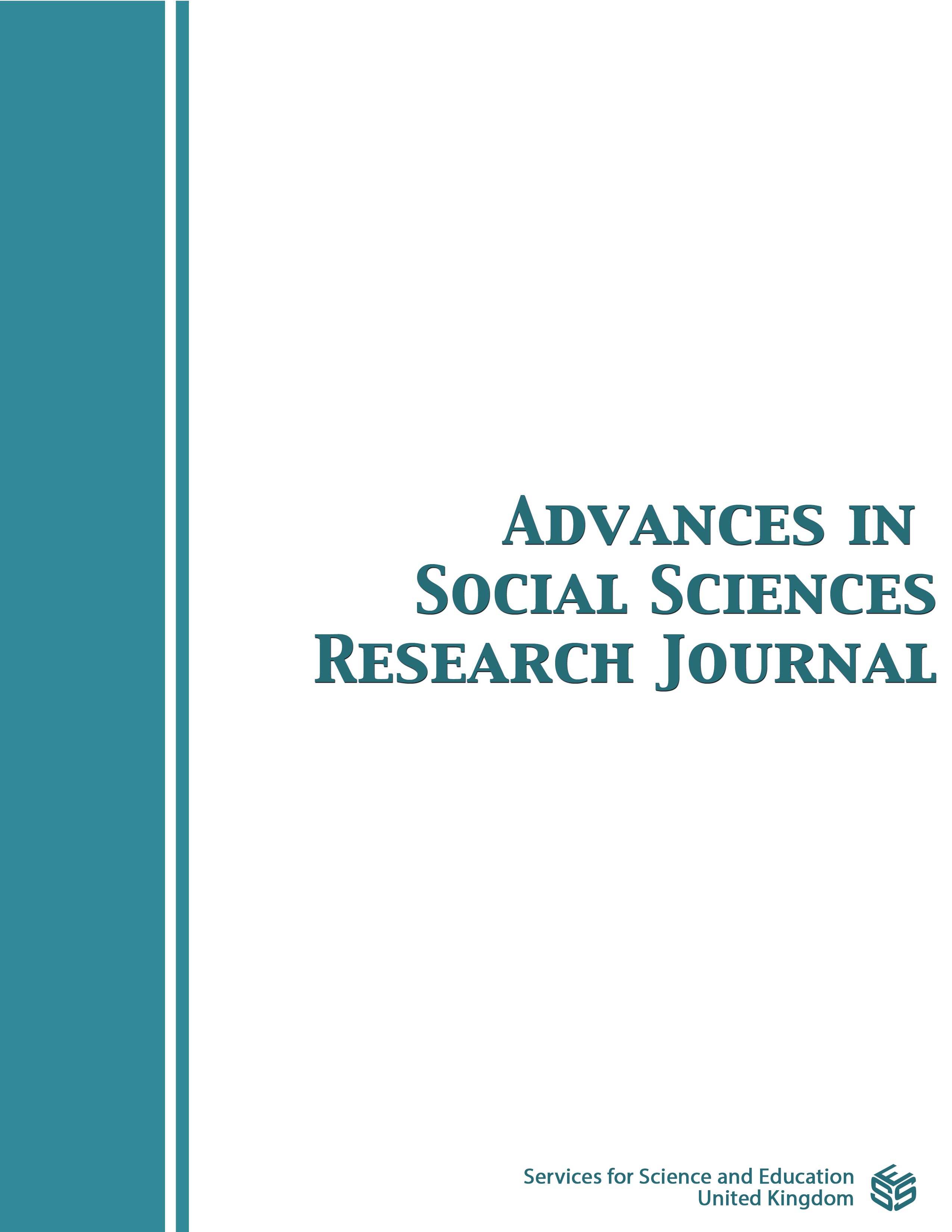A Critique of Modernity and the Defense of Tradition in the Thoughts of Reza Davari Ardakani, An Iranian Traditionalist Philosopher
DOI:
https://doi.org/10.14738/assrj.1112.17987Keywords:
New Reason, Modernity, West, Tradition, Philosophy, Science, Wisdom, politics, freedomAbstract
The purpose of this study is to investigate the thoughts of Reza Davari Ardakani, Iranian traditionalist philosophers. The explanation of his thoughts as a study of a symbol of an important intellectual current critical of modernity in Iran before and after the Islamic Revolution of 1979. In the atmosphere of confronting modernity and anti-Westernism, Davari considers the crisis period that exists in the current world as the crisis of Western thought. Indirectly, under the influence of Heidegger's thoughts, he considers the crisis of the new era to be the result of the rationality of the new era and considers this period as the era of human sensuality and dehumanism. In this era, when the West is the history of the sunset of human humanity, Davari considers Machiavelli to be the epitome of the West, whose important aspects of Western civilization and culture are well evident in his thoughts. With such an approach, Davari study the West in his Westernization project and his intention is to criticize many of the achievements of the West and modernity, including Western philosophy and science, secularism, democracy, freedom, development, politics, wisdom, humanities, and many other concepts that are among the achievements of the rationality of the modern era.
Downloads
Published
How to Cite
Issue
Section
License
Copyright (c) 2024 Aref Barkhordari

This work is licensed under a Creative Commons Attribution 4.0 International License.
Authors wishing to include figures, tables, or text passages that have already been published elsewhere are required to obtain permission from the copyright owner(s) for both the print and online format and to include evidence that such permission has been granted when submitting their papers. Any material received without such evidence will be assumed to originate from the authors.






